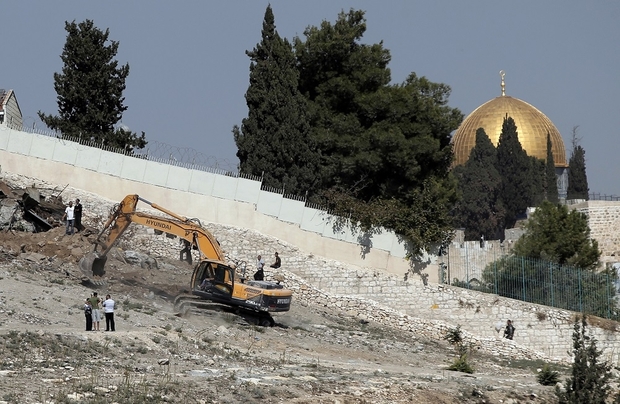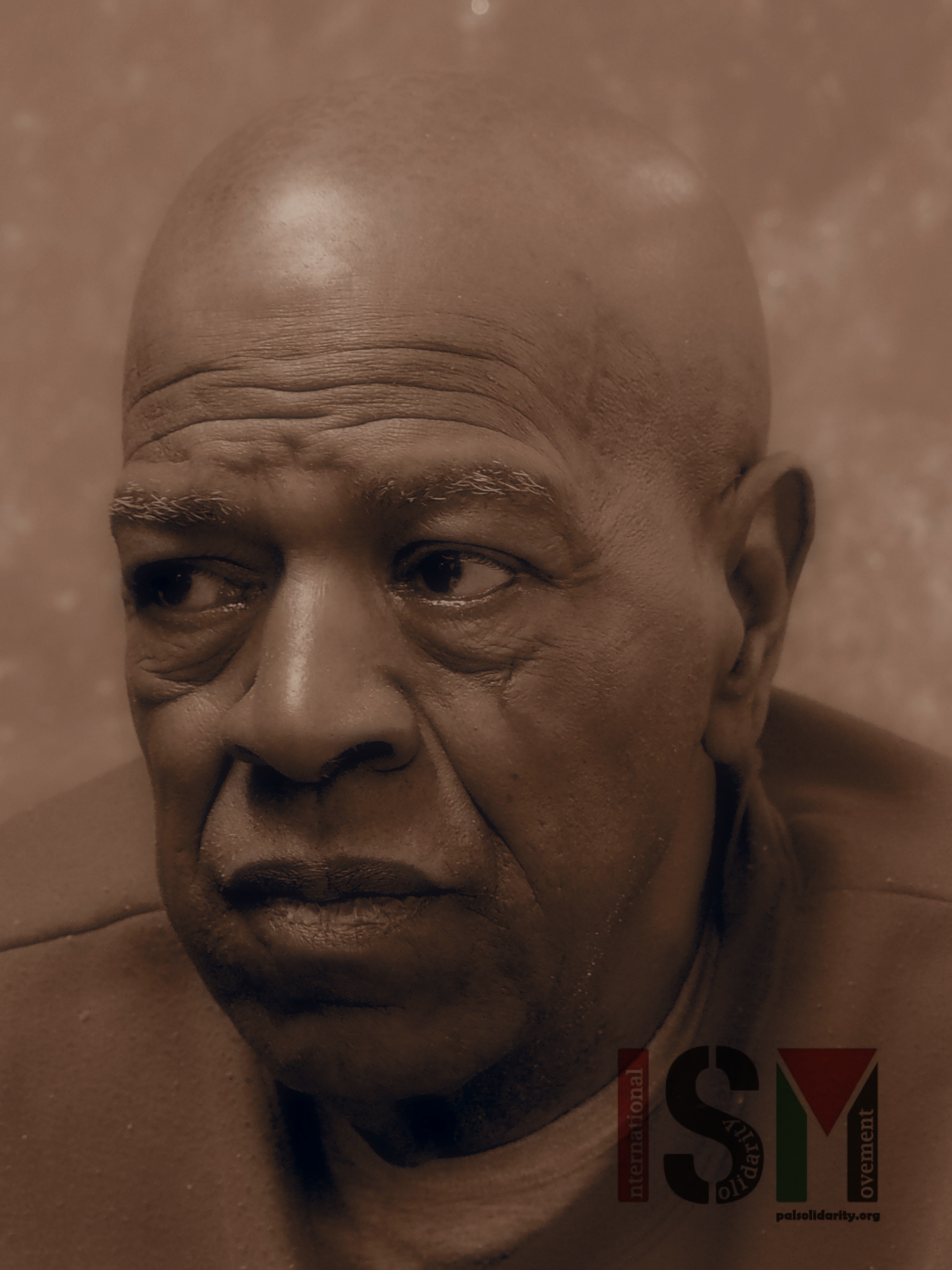Tag: Jerusalem
-
Press release: Last day of demolition order leaves Palestinian family in Wadi al-Joz in fear of losing their home
10th April 2016 | International Solidarity Movement, al-Khalil Team | Jerusalem, occupied Palestine The 10th of April is the last day of the demolition order on the home of the Totanji family. The family lives in the Sawaneh district in Wadi al-Joz, a village in East Jerusalem near the Old City, which Israel has declared…
-
Ali Jiddah – an alternative tour guide
6th April 2016 | International Solidarity Movement, Ramallah Team | Jerusalem, Occupied Palestine Ali greets us international activists with a certain kind of warmth that those who are foreign to the middle east (or Palestine in this case) may have never experienced or have been accustomed to in our home countries. We have all learned very quickly to appreciate the…
-
Home demolition in Beit Hanina forces family to move into Shuafat Refugee Camp, East Jerusalem
10th February 2016 | International Solidarity Movement, Ramallah Team | East Jerusalem, occupied Palestine Yesterday evening, we went to visit 55 year old widow, Kifaya Rishek, after her home in Beit Hanina, occupied East Jerusalem, was demolished on the 27th of January. After losing her house in Beit Hanina, where she lived together with…



